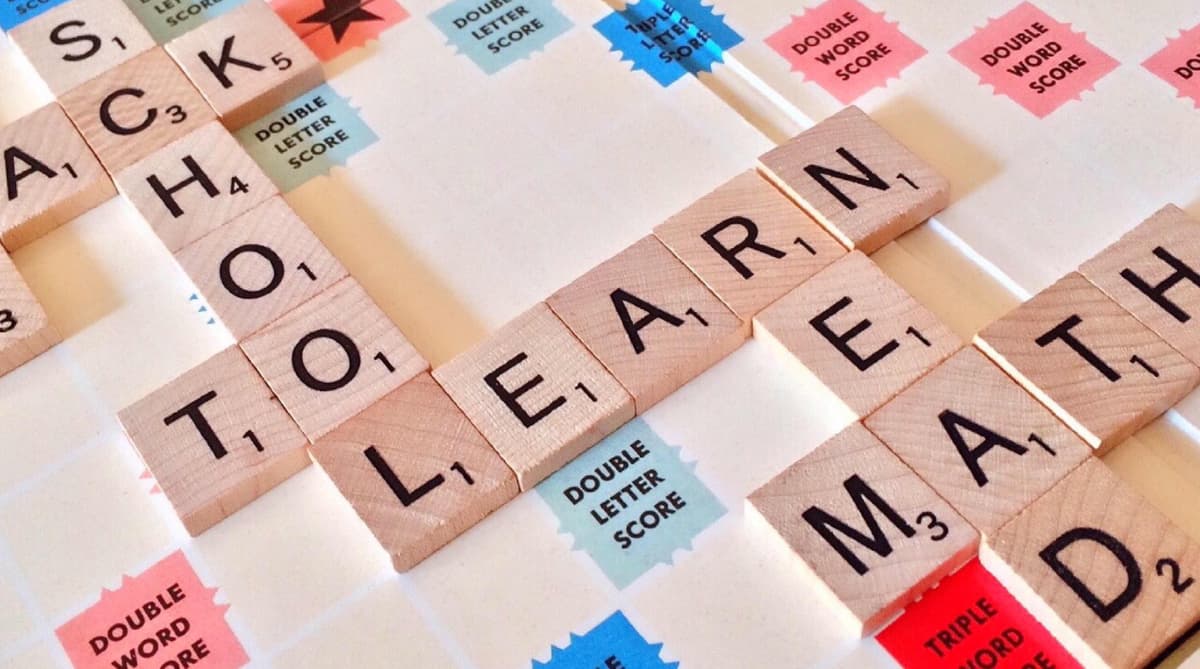America’s First Taxpayer-Funded Religious Charter School Due To Be Heard by Supreme Court of Oklahoma
The Catholic charter school, set to open in August, has sparked a heated debate about the First Amendment’s free exercise and establishment clauses.

As the nation’s first tax-funded religious charter school prepares to open later this year, the Oklahoma Supreme Court will hear arguments in April on a constitutional dispute in a case with nationwide implications for religious liberty.
Please check your email.
A verification code has been sent to
Didn't get a code? Click to resend.
To continue reading, please select:
Enter your email to read for FREE
Get 1 FREE article
Join the Sun for a PENNY A DAY
$0.01/day for 60 days
Cancel anytime
100% ad free experience
Unlimited article and commenting access
Full annual dues ($120) billed after 60 days

